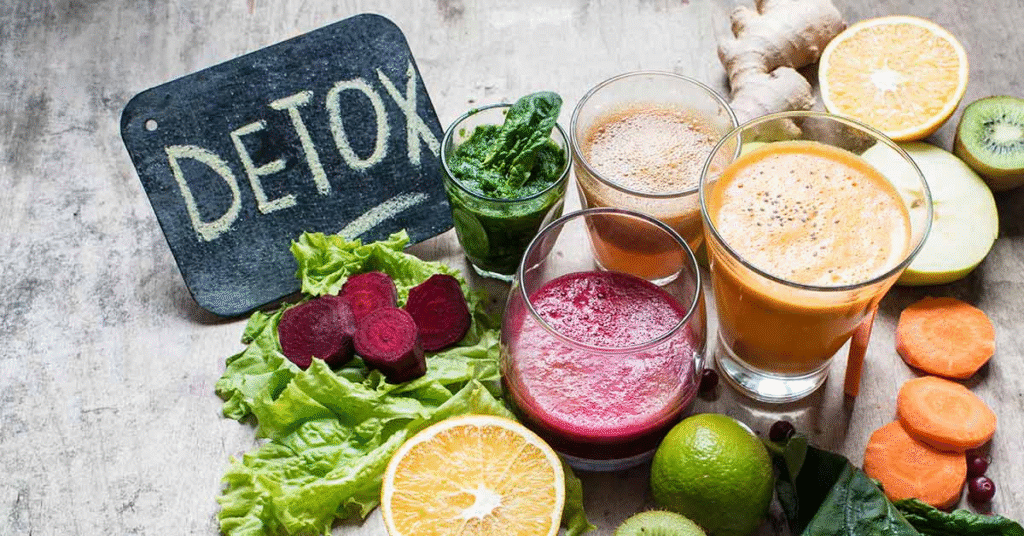
In the wellness world, the buzzword detoxing is big with promises to cleanse the body, boost your immune system, and improve mood and health. With all the hype, from detox teas to juice fasts, it’s easy to find yourself searching for answers. But the reality of detoxing is more complicated than that. The claims surrounding detox are mostly exaggerations, if not outright lies, and although some detox methods may prove to be a good thing, extreme detox often does more harm than good. In this piece, we’ll debunk popular detox myths and juxtapose them with the real deal.
Myth 1: Detoxing Flushes Toxins Out of Your System
One of the great misconceptions about detoxing is that it helps clear your body of toxins. The truth? Your body already comes equipped with its own detox systems: your liver, kidneys, and digestive system are in the business of filtering out waste and toxins on their own. These organs are continually working to keep you healthy, so there’s nothing you need to do to take care of them.
In reality, your liver is extremely good at metabolizing and converting toxic compounds into waste that you can easily rid of in the form of urine or sweat. The real secret to aiding your body’s natural detox systems is drinking plenty of water, eating a well-balanced diet, and exercising, not through extreme detox diets.
Myth 2: Detoxing Will Help You Lose Weight Fast
Getting the toxins out of your system makes these good weight-loss diets, right? Although some detox diets claim to help you lose a lot of weight quickly, many of the ideas are not based on science, and the weight loss goes back on as soon as you start eating normally. The weight often comes back as soon as you return to your regular eating routines.
Rapid weight loss can also be dangerous. And most detox plans restrict calories for long hours each day, which can drag your metabolism to a halt and leave you with nutrient fasts. Rather than detox diets, concentrate on gradual, long-term weight control with good foods, which commands consistent weight reduction for many years.
Myth 3: Detoxing Will Help Your Digestion And Prevent Bloating
Many detox plans promise to help improve digestion and reduce bloating. Yes, a clean diet rich in fibrous foods and alllll the hydration will certainly help support good digestion. It’s not like detoxing is the cure-all panacea for bloat and digestive discomfort.
If you have persistent bloating, it could be a result of food intolerances, imbalances in your gut, or other concerns that need more localization. Rather than embarking on an extreme detox cleanse, focus on a healthy diet full of fruits, vegetables, and whole grains to help you nourish your digestive system.
Myth 4: Detox Teas and Supplements Work.
But the reality is, detox teas and supplements are quick fixes that don’t work and can be harmful, promising to cleanse your body of toxins, banish belly fat, and give you a boost of energy. But the fact of the matter is, most of these products are not rooted in science. There are some beneficial ingredients in some detox teas, such as green tea, for instance, or ginger, but they are not a “miracle cure.”
And because some detox teas might include laxatives or diuretics, you could end up on the toilet a lot if you drink too much. Instead of depending on fad detox teas, concentrate on these natural methods to support your body’s detox, like staying hydrated and consuming nutrient-dense foods.
Myth 5: Detoxing Will Strengthen Your Immune System
The immune system is often cited as one that is supposedly enhanced by a detox but that’s nonsense. Your immune system is vast and complex, and you don’t need a detox or cleanse to support it, particularly one that touts weight loss. But some habits, such as getting a good night’s sleep, eating nutrient-dense foods, exercising, and managing stress, do support a strong immune system.
There’s nothing more important than eating a balanced diet full of vitamins and minerals like vitamin C, vitamin D, and zinc to maintain proper immune health. And while a detox cleanse may temporarily reduce inflammation or make you feel better, concentrate more on long-term practices that help sustain immune function.
The Truth About Detoxing
And while the concept of detoxing can be attractive, it deserves some scrutiny. The body will be able to get rid of toxins without any drastic methods. Rather than being taken in by detox fads, aim to create habits that support general health and well-being:
- Stay Hydrated: Hydration is key to eliminating waste and supporting the way we feel in our bodies. Aim for at least eight cups a day, and more if you exercise.
- Have a Nutrient-Rich Diet: Eating a diet full of fruits, vegetables, whole grains, and lean protein is your body’s best source of what it needs to detoxify naturally.
- Regularly Exercise: Exercise stimulates circulation, aids digestion, and can help expel toxins through sweat.
- Make Sleep a Priority: Sleep is essential for the repair and detoxification of your body. Try and get between 7 to 9 hours of sleep every night so your body can rest and heal.
- Manage Your Stress: Stress can make the immune system less efficient and can take a toll on our overall well-being. Try stress-relief methods such as meditation, deep breathing, or mindfulness.
Final Thoughts
There are many different types of detoxing, and not all of them are safe. And many of the claims related to detox diets and products are either exaggerated or false. Instead of relying on extreme detox methods, think about the lifestyle habits you can adopt to consistently help your body work at its optimal potential. The best way to boost your immune system and feel your best is to eat healthfully, stay hydrated, get regular exercise, and practice good sleep hygiene. So the next time you’re tempted to try the newest “detox” trend, keep in mind: your body is working hard every day to detoxify itself. The key is in backing it up with healthy, sustainable habits.


